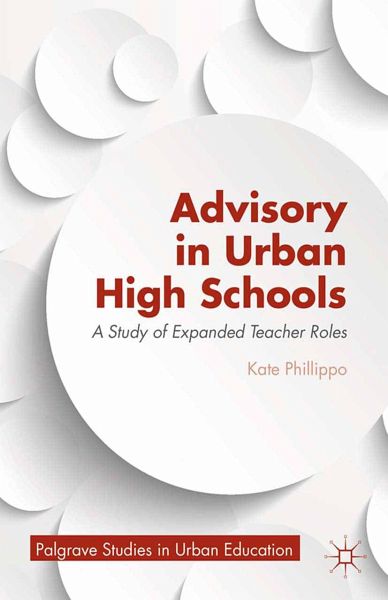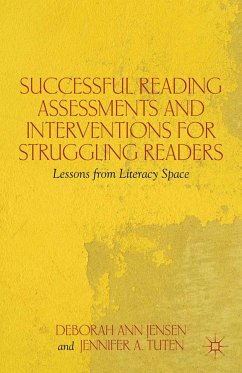". . . Phillippo presents a clearly written and intellectually engaging book that is grounded in relevant theory and strong empirical research. Those interested in education policy, urban school reform, teacher education and leadership for urban schools, and guidance and mental health counseling for urban students would find this book insightful and worth reading . . . Phillippo makes an important contribution to the fields of education and mental health, raising several topics for discussion as schools consider the benefits and challenges of expanding teachers' roles in urban high schools and how best to prepare and support teachers in their (always) evolving roles." Teachers College Record
"At a time when policymakers want
effective teaching to be evaluated on the basis of standardized test scores comes an empirical study of teachers who have expanded their familiar roles as dispensers of knowledge and skills to encompass the social and emotional needs of their students. Kate Phillippo's study of new and veteran teachers working as advisers in three small high schools reveals the complexity of teaching that goes well beyond student test scores. Policymakers, administrators, teacher educators, parents, and researchers would profit from reading Phillippo's inquiry into the struggles teachers encountered in advising students, the deep satisfactions of such emotional labor, and, yes, the burnout, as teachers expanded their traditional academic role to render emotional and social support to students." - Larry Cuban, Emeritus Professor, Education, Stanford University, USA
"This book provides a wake-up call to educational leaders that 'good advising' in high schools occurs in the larger context of organizational and professional support, and it is a skill set that teachers can learn to the benefit of themselves and to their students." - Gary L. Bowen, Kenan Distinguished Professor, School of Social Work, The University of North Carolina at Chapel Hill, USA
"This book is a valuable resource for readers interested in the micro-dynamics of teachers' social-emotional support of students as well as for readers interested in more macro issues pertaining to efforts to expand teachers' work, advisories being one case. I will recommend this book widely." - Mark A. Smylie, Professor, Department of Educational Policy Studies, University of Illinois at Chicago, USA
"Kate Phillippo's book weaves together historical, empirical, and policy organizational sources to paint a compelling portrait of how educators and those in the school community understand the important roles teachers could and should play. I highly recommend this book to those interested in transforming our schools since the findings and recommendations have strong relevance for those interested in social-emotional learning in schools and improvement of school climate." - Ron Avi Astor, Richard M. and Ann L. Thor Professor in Urban Social Development, University of Southern California, USA














